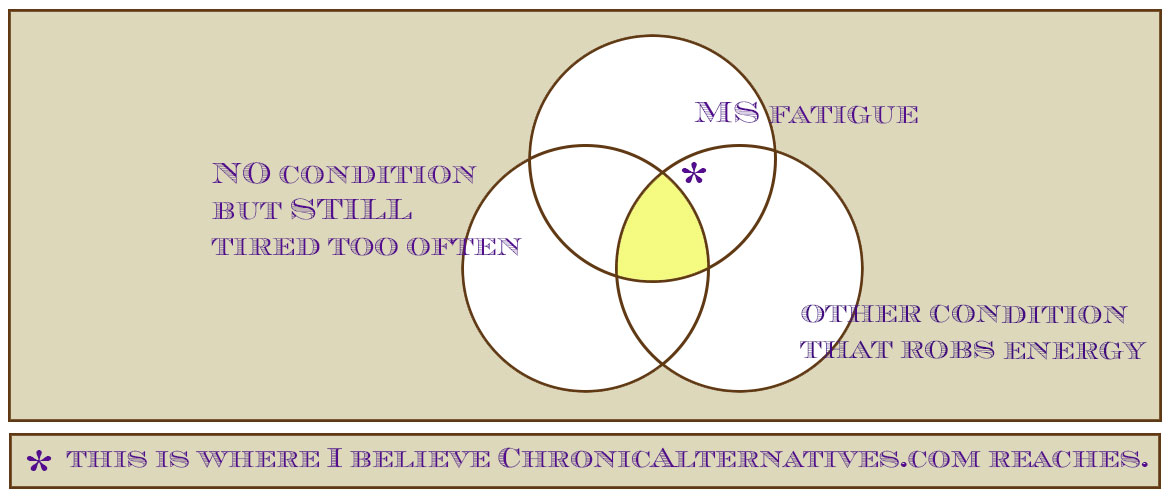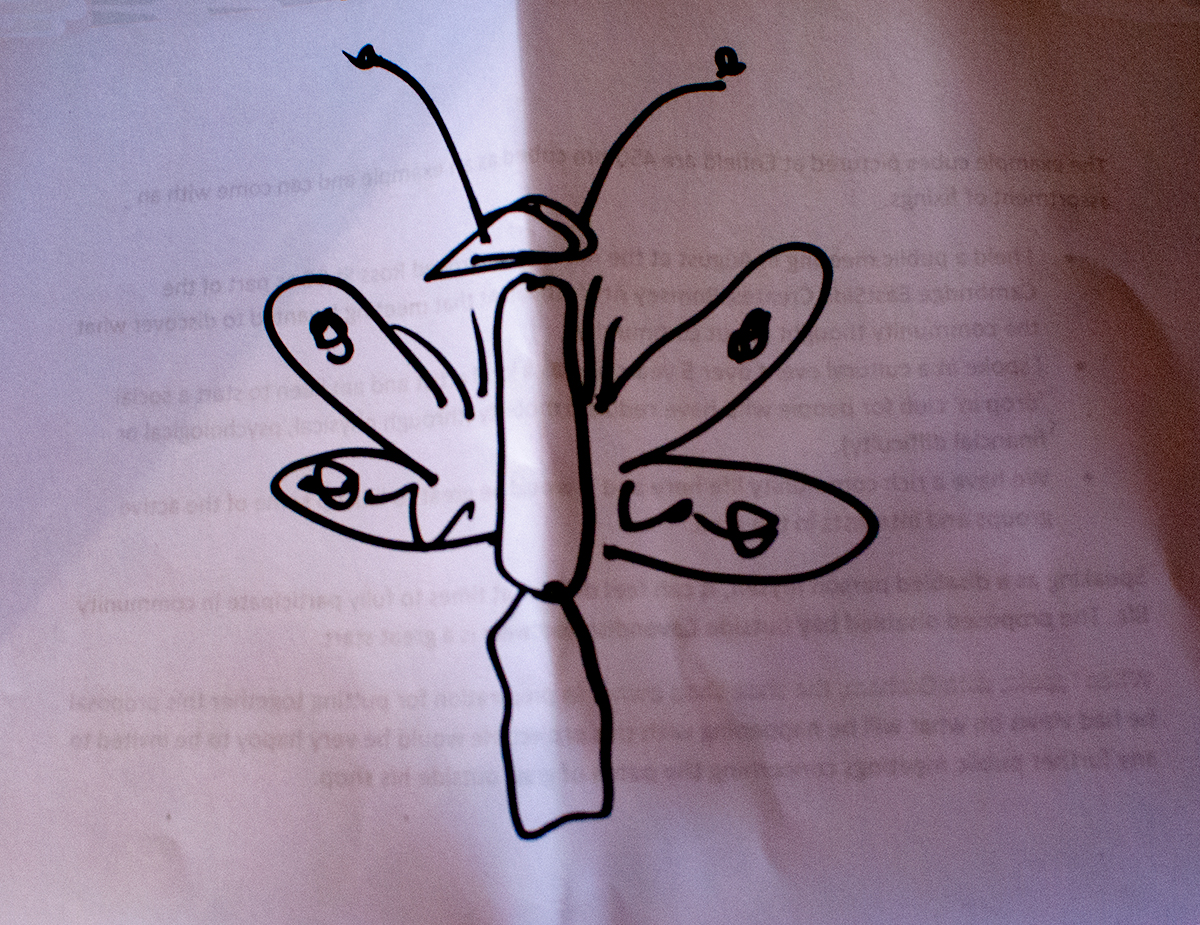Pleiotropic, this word explains why the posts on this site are a little scattered and not yet bundled into nice easy sections.
It’s not just because my brain hasn’t felt sharp enough to turn on a concise, subject dividing sixpence recently!
Also, life isn’t neat and tidy: Everything is interconnected!
what does pleiotropic mean?
Dr Tom O Bryan defined pleiotropic for his followers a few years back… multi-pronged essentially. Wellness and healing take time – they don’t happen overnight. this makes them unsexy and unlikely to grab any headlines. Can you imagine for example?
Extra, Extra, Read All About It:
“Woman makes her life a little bit better by doing a bit of exercise every day, improving sleeping habits, finding a hobby, connecting with friends and eating real food.”
it’ll barely fit on one line for a start!
This whole site is about going at making life a little bit better. Whether you are a person with diagnosed illness or just knackered the whole time and feel like the sparkle has gone from life you will find a post that could be of use. It’s tricky to find the line between being preachy about what we know deep down will be good for us (decent sleep and relaxation) and providing posts of actual use.
This recent link from an employee at the NIH (US National Institute of Health) touches on why we all have to be our own doctor. The institutions around us on the whole don’t make their best profits from well adjusted, healthy customers. It’s not in the food industry’s interest either to encourage us to skip a meal every now and then.
There are many ways we can get life flowing a little better, only one of which is food. Another life improver is exercise: choosing a type that fits into our lives makes it more likely we’ll keep up that New Year’s resolution that fails every year by around March!
I believe the pages on this site can help to make life a little bit better.
It’s perhaps not a huge claim but one that is achievable and when we achieve one thing then we feel more positive about tackling another thing and another…
Marginal improvements are still improvements!
A series recently aired on the BBC, Doctor in the House illustrated this multi-pronged approach to living a better life by living life a little bit better.

